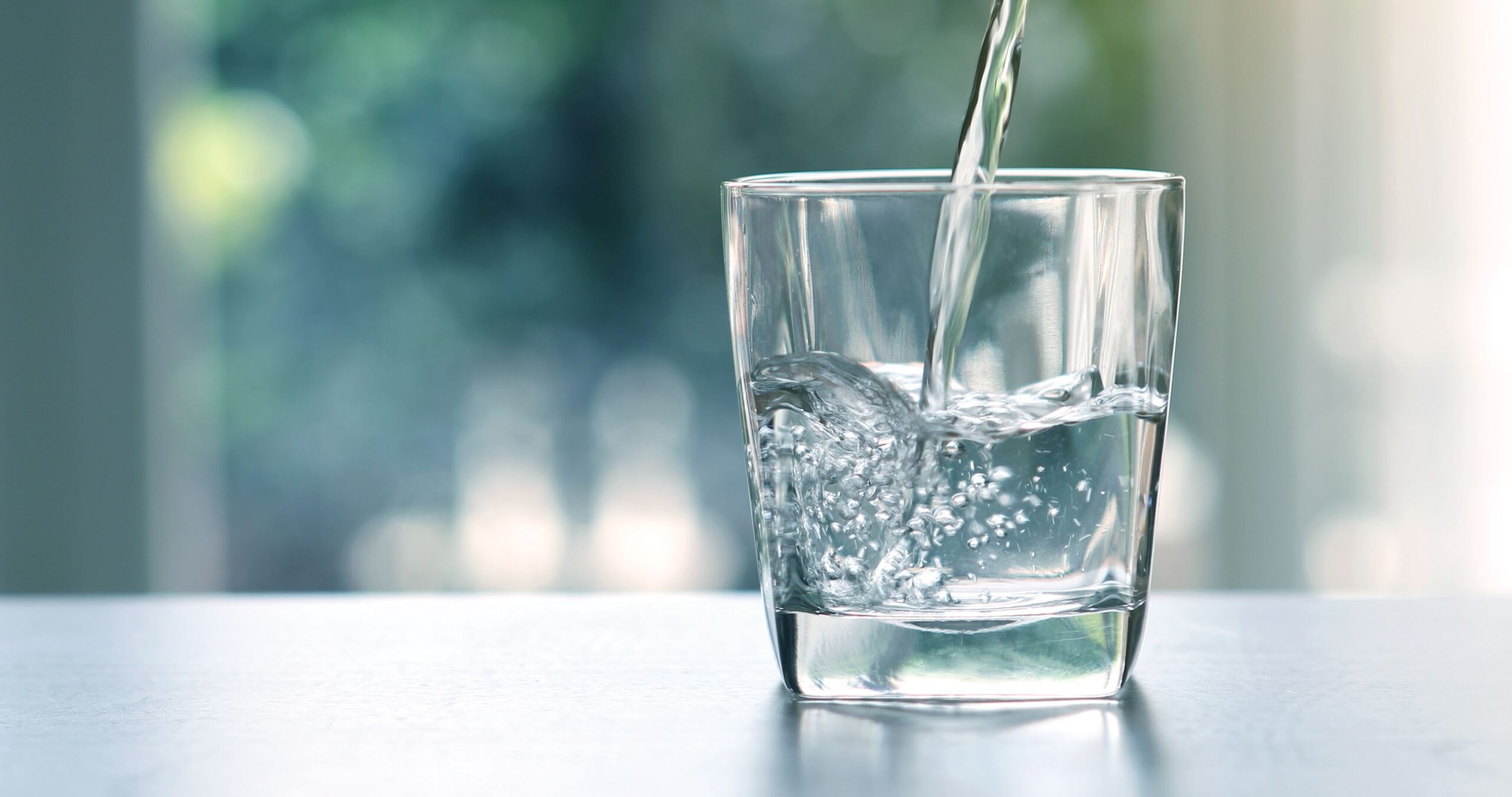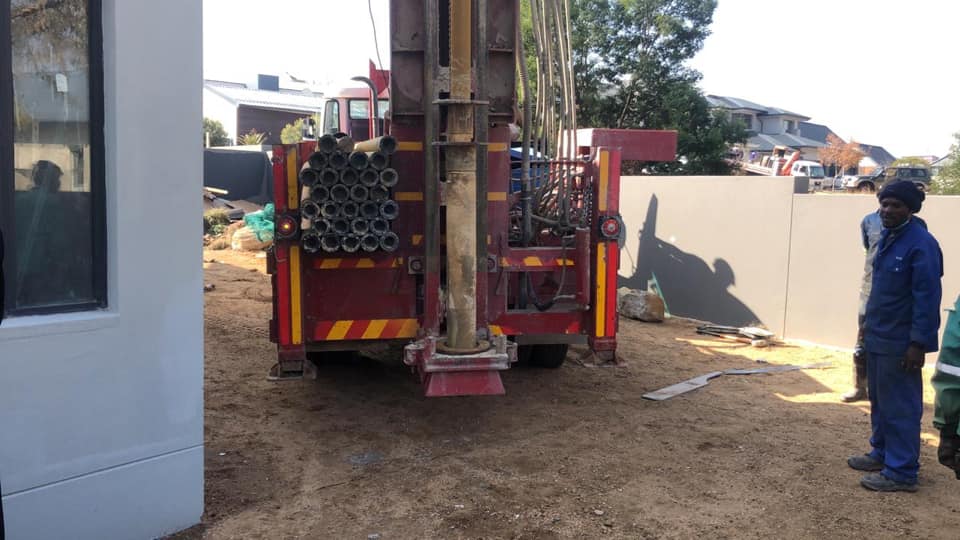Currently Empty: R0.00

Unveiling the Secrets of Borehole Water Treatment: Enhancing Water Quality and Safety
Boreholes provide an essential water source in areas where access to safe drinking water is limited. However, borehole water is not always pure and may contain various contaminants that pose health risks. Proper treatment is crucial to enhance the water’s quality and safety.
Why Borehole Water Treatment Is Essential
Borehole water, drawn from underground aquifers, can contain harmful contaminants even after natural filtration. Potential pollutants such as bacteria, heavy metals, and chemicals make treatment necessary to ensure the water is safe for consumption.
Health Risks of Untreated Borehole Water
Without proper treatment, contaminants in borehole water can lead to health issues, including gastrointestinal infections, skin irritations, and long-term exposure risks like lead poisoning. Testing and treating water regularly helps prevent such dangers.
Common Contaminants in Borehole Water
To understand the importance of treatment, it’s essential to identify the types of contaminants commonly found in borehole water.
Microorganisms
Pathogens such as bacteria, viruses, and parasites can thrive in groundwater, leading to infections if consumed.
Heavy Metals
Borehole water may contain hazardous metals like lead, arsenic, and mercury, which can cause serious health problems.
Nitrates and Chemicals
Nitrates from fertilizers and industrial chemicals may seep into groundwater, especially in agricultural and industrial regions, posing additional risks.
Effective Borehole Water Treatment Methods
Several techniques are available to treat borehole water effectively, each addressing different types of contaminants.
1. Filtration Systems
Filtration removes solid particles and sediment from water. Advanced systems like reverse osmosis (RO) can also filter out dissolved solids, chemicals, and heavy metals.
2. Disinfection
Chlorination and ultraviolet (UV) treatment are common disinfection methods used to eliminate pathogens from the water. UV light is particularly useful as it kills bacteria and viruses without adding chemicals to the water.
3. Water Softening
Hard water, rich in calcium and magnesium, can cause scaling in pipes and appliances. Water softeners replace these minerals with sodium or potassium, improving water quality for household use.
4. Aeration
Aeration oxidizes metals like iron and manganese, making them easier to filter. It also helps remove gases like hydrogen sulfide, which can cause bad odors in water.
5. Chemical Treatments
In some cases, chemicals like nitrates must be treated with specific chemical processes or ion exchange systems to ensure safety.
The Importance of Regular Borehole Water Testing
Regular testing is crucial to monitor water quality and detect any changes over time. Testing ensures that the borehole water treatment process remains effective and the water is safe for consumption.
How Often Should You Test Your Borehole Water?
Testing frequency depends on local environmental factors and proximity to potential pollution sources. Experts recommend at least annual testing, with more frequent tests for high-risk areas.
Conclusion: Safeguarding Your Water Supply
Borehole water can be a reliable and cost-effective solution for accessing water, but without proper treatment, it may not meet safety standards. Implementing effective filtration, disinfection, and testing methods is essential for ensuring safe, high-quality water for you and your family.
Invest in the right borehole water treatment systems and protect your health and well-being.




